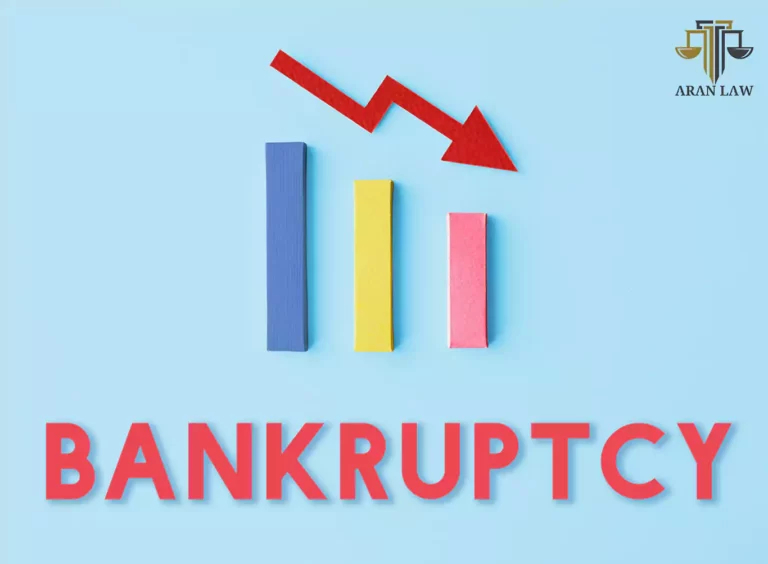We understand our client’s needs and can provide the appropriate level of support including personal communication. In India, the insolvency & bankruptcy code was enacted in 2016 as a way to modernize the process and make it more efficient.
Insolvency & Bankruptcy Legal Service
Get professional help when you need it
A company is insolvent when it cannot pay its debts as and when they fall due. This may happen because the company does not have enough money to meet its liabilities, or because its assets are worth less than its liabilities. In India, the insolvency and bankruptcy code was enacted in 2016 as a way to modernize the process and make it more efficient. The code allows for companies to be liquidated, restructured, or rehabilitated.
When it boils down to insolvency, there are two types:
- Personal and
- Corporate.
Filing of Insolvency before NCLT by the Company
Insolvency can be filed either by the company or against the company. When a company is insolvent, its directors have a duty to act in the best interests of the company’s creditors, rather than the shareholders. This means that the directors must try to improve the financial position of the company so that it can repay its debts. However, if the directors believe that there is no hope of the company ever becoming solvent, they may decide to place the company into voluntary liquidation. This is where a licensed insolvency practitioner is appointed to wind up the company’s affairs and sell off its assets in order to repay its creditors.
If no voluntary arrangement can be reached, then the creditors can force the company into compulsory liquidation. This is where an administrator is appointed to run the company while it is being wound up. The administrator will try to sell off the company’s assets and use the proceeds to repay its creditors. If there is any money left over, it will be paid to the shareholders. The process can offer breathing room for businesses to reorganize, sell assets, or repay debts.
Personal Insolvency Filing before the Court
Personal insolvency usually occurs when an individual has overwhelming debt and can no longer make their monthly payments. This can happen due to a job loss, medical bills, or excessive credit card debt. Corporate insolvency occurs when a company can no longer pay its debts. This can be caused by poor sales, mismanagement, or a lawsuit. When should you file for insolvency? If you find yourself in a situation where you can no longer make your monthly payments, it may be time to consider filing for insolvency. An experienced bankruptcy attorney can help you determine if this is the best option for your situation.
Insolvency and Bankruptcy Code, 2016
In India, insolvency and bankruptcy are governed by the Insolvency and Bankruptcy Code, 2016. The Code provides for a reorganization of the debtor company or an individual, or for the winding up of the company. Under the Code, an insolvent company is given a period of 180 days to restructure its affairs and repay its creditors. If the company is unable to make payment within this period, it can be liquidated by the National Company Law Tribunal (NCLT).
National Company Law Tribunal
NCLT is a quasi-judicial body in India that deals with insolvency and bankruptcy cases. The NCLT was established under the Insolvency and Bankruptcy Code, 2016 (IBC). NCLT has the power to pass orders in relation to insolvency proceedings. It also has the power to pass orders for corporate debt restructuring and the NCLT consist of a President and two Members. The President of the NCLT is a sitting or retired judge of the Supreme Court of India or a sitting or retired Chief Justice of a High Court.
The NCLT has its headquarters in New Delhi and regional benches in Allahabad, Mumbai, Kolkata, Ahmedabad and Chennai. NCLT exercise jurisdiction over commercial disputes where the total value of the dispute is more than one crore rupees. Also NCLT adjudicates on matters relating to investor protection and corporate governance. It has the power to pass orders for compulsory acquisition of shares, mergers and amalgamations. The NCLT can also pass orders for winding up of companies.
Representation of Creditors in NCLT
Creditors play a vital role in NCLT proceedings, as they are typically the ones who are owed money by the debtor company. Consequently, it is important for creditors to have experienced legal representation in order to protect their interests. At our law firm, we have a wealth of experience representing creditors in NCLT proceedings.
We have represented creditors from a variety of backgrounds, including consumer creditors, business creditors, lenders and financial institutions. Our services include representing creditors in
- Bankruptcy litigation,
- Negotiating workouts and
- Restructuring of obligations plans.
As such, we are well-positioned to help creditors obtain the best possible outcome in NCLT proceedings.
Representation of Debtors in NCLT
When faced with overwhelming debt, it can be difficult to know where to turn for help. At NCLT, our team of bankruptcy attorneys is dedicated to defending the interests and rights of debtors. Our expertise in bankruptcy law allows us to provide comprehensive representation for clients from all walks of life, including small business owners and individuals. Whether you are facing insolvency and need a restructuring plan or are going through the formal process of declaring bankruptcy, our team is prepared to provide the expert guidance and legal support you need to navigate this complex and often stressful legal process. So, if you’re looking for compassionate and knowledgeable representation that puts your best interests first, please feel free to reach us for legal guidance.
Legal Disclaimer: The information contained in this blog post is for general information and educational purposes only. Nothing contained in this blog post should be construed as legal advice from The Aran Law Firm or the individual author, nor is it intended to be a substitute for legal counsel on any subject matter.

